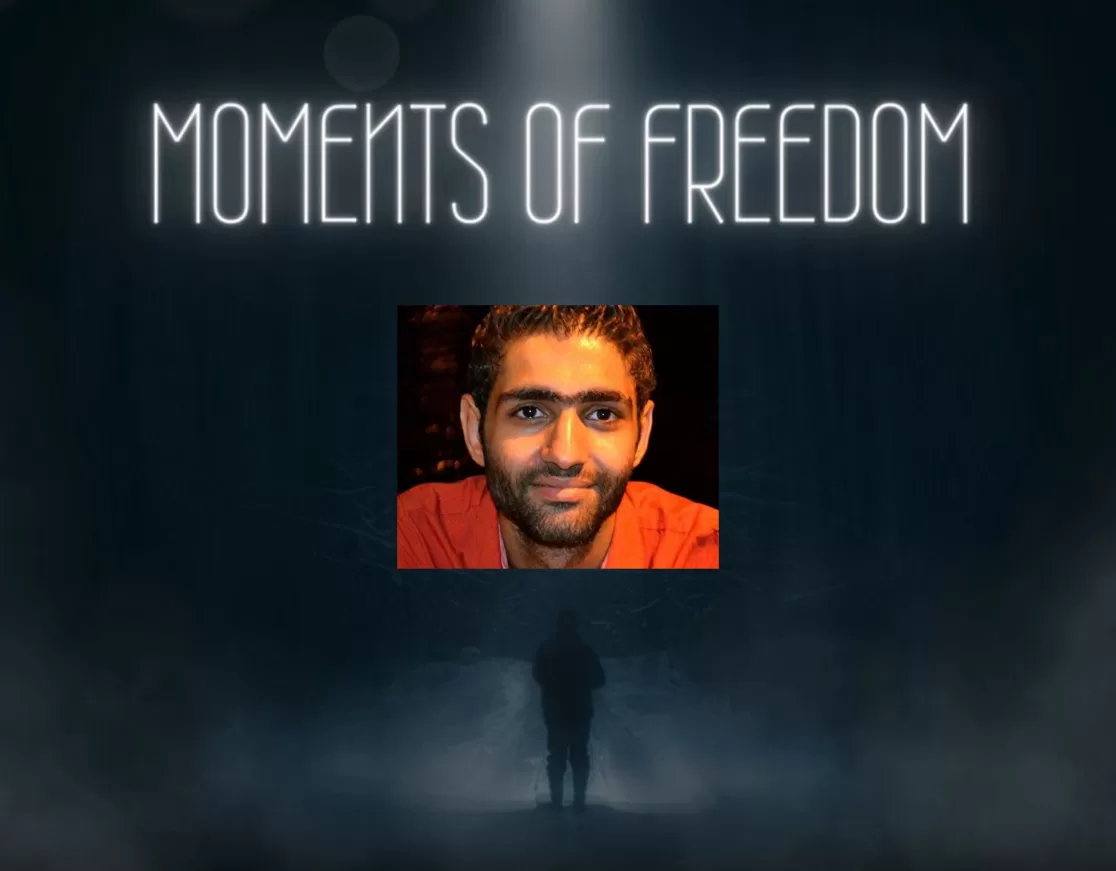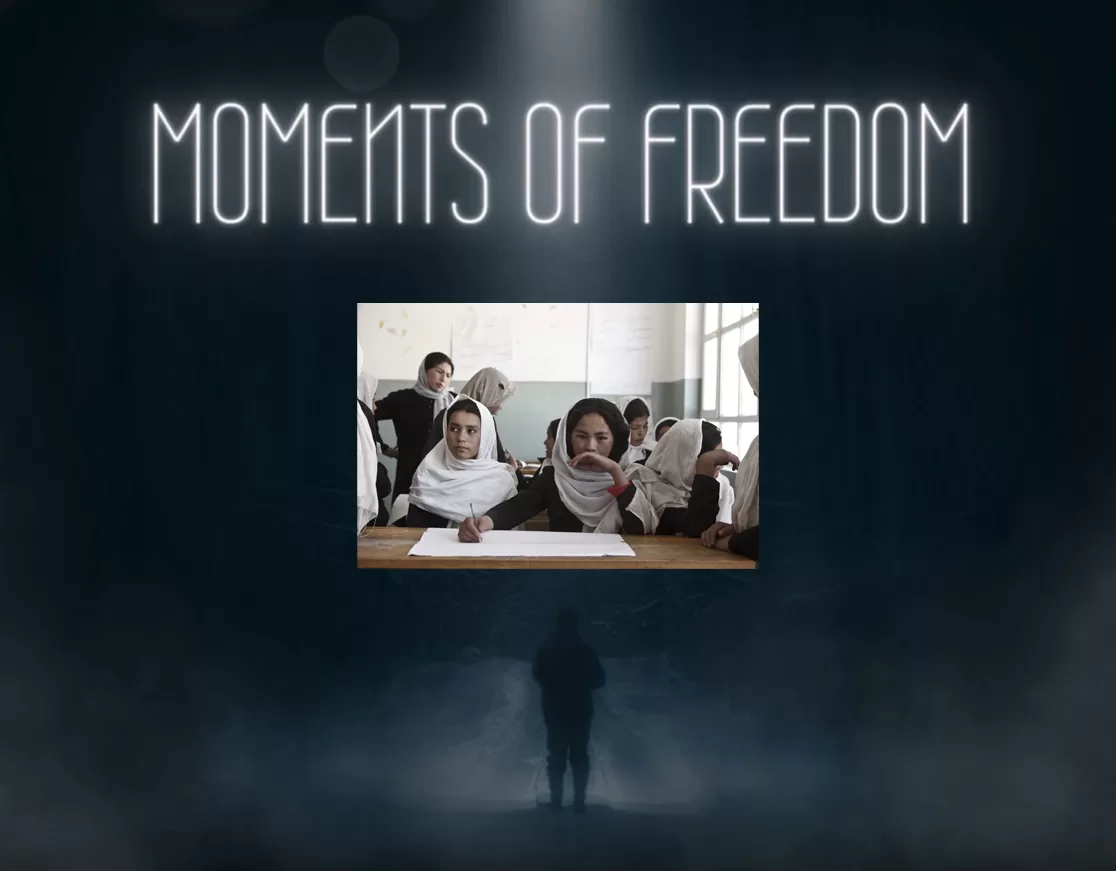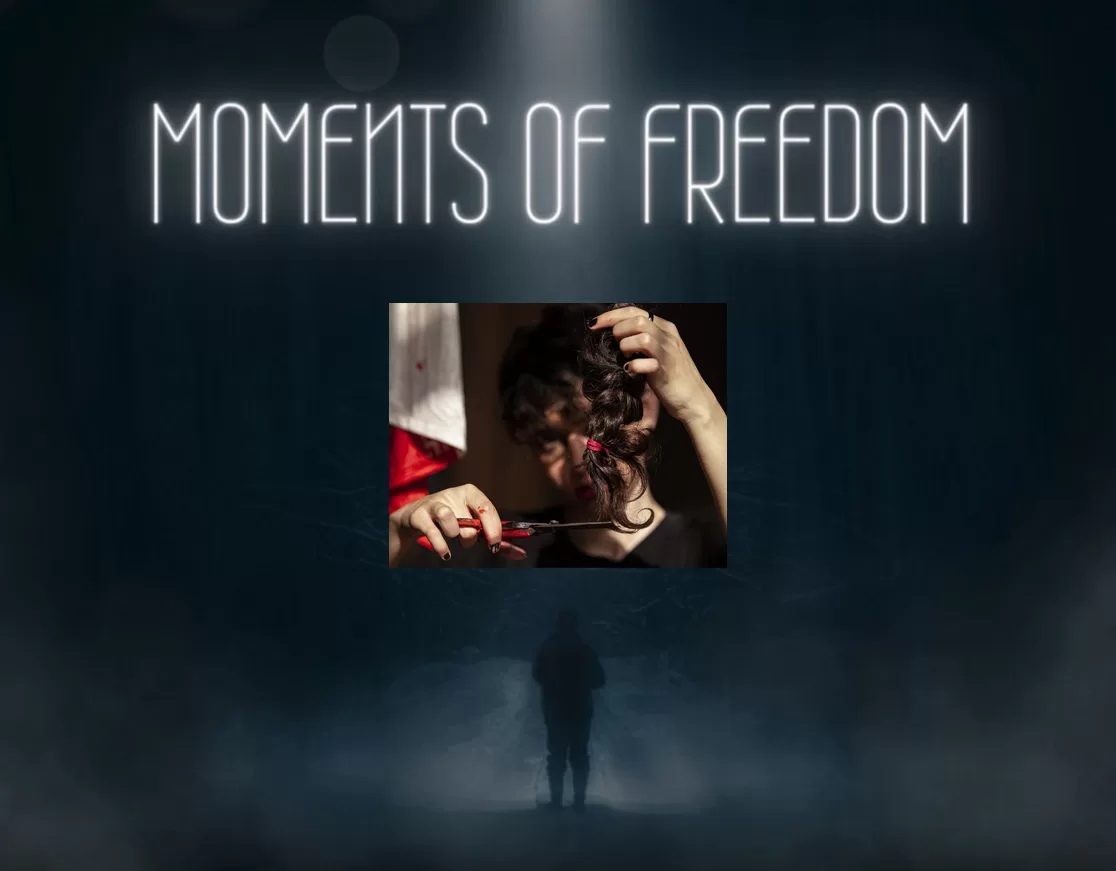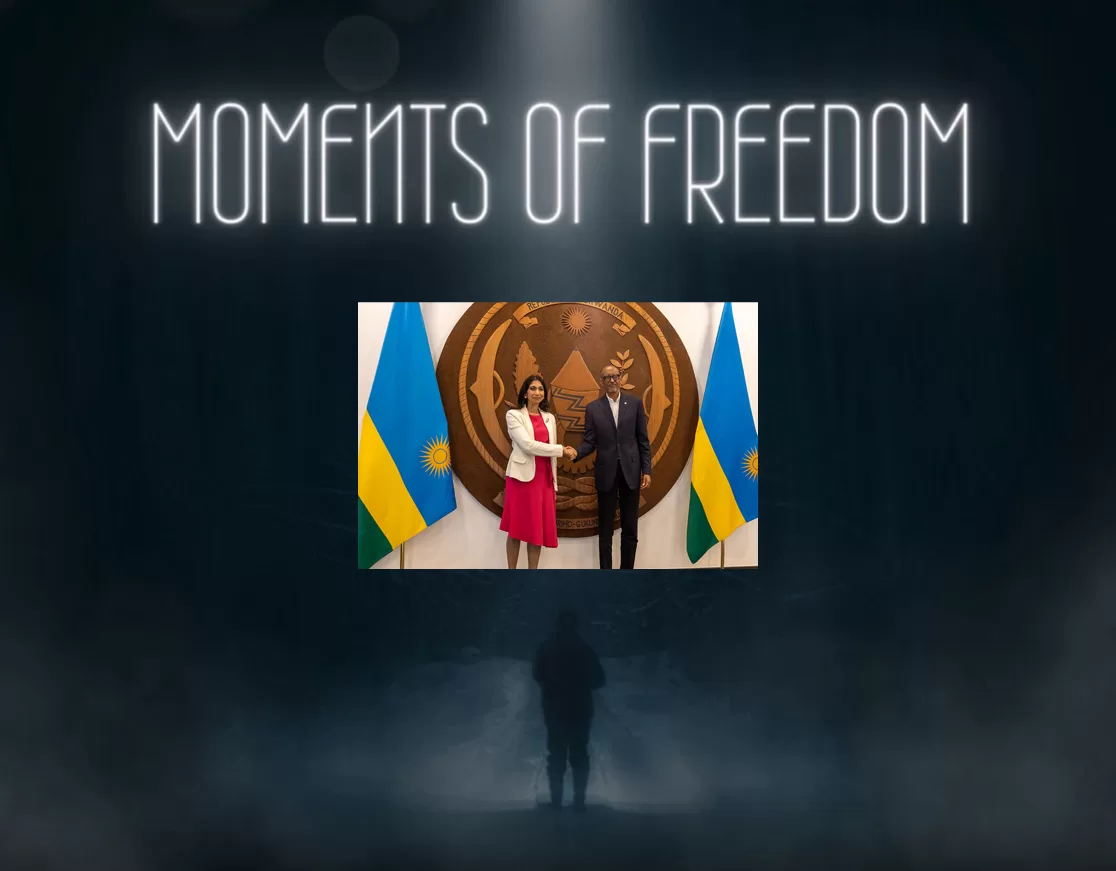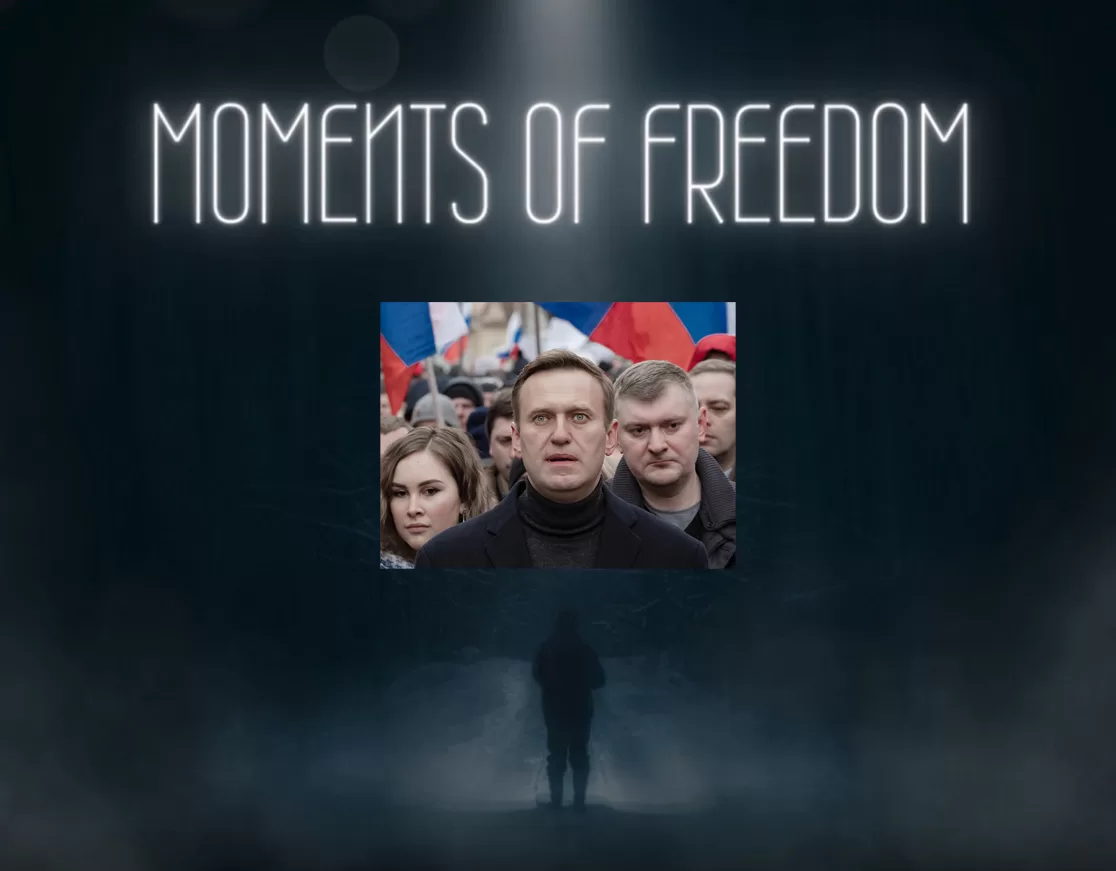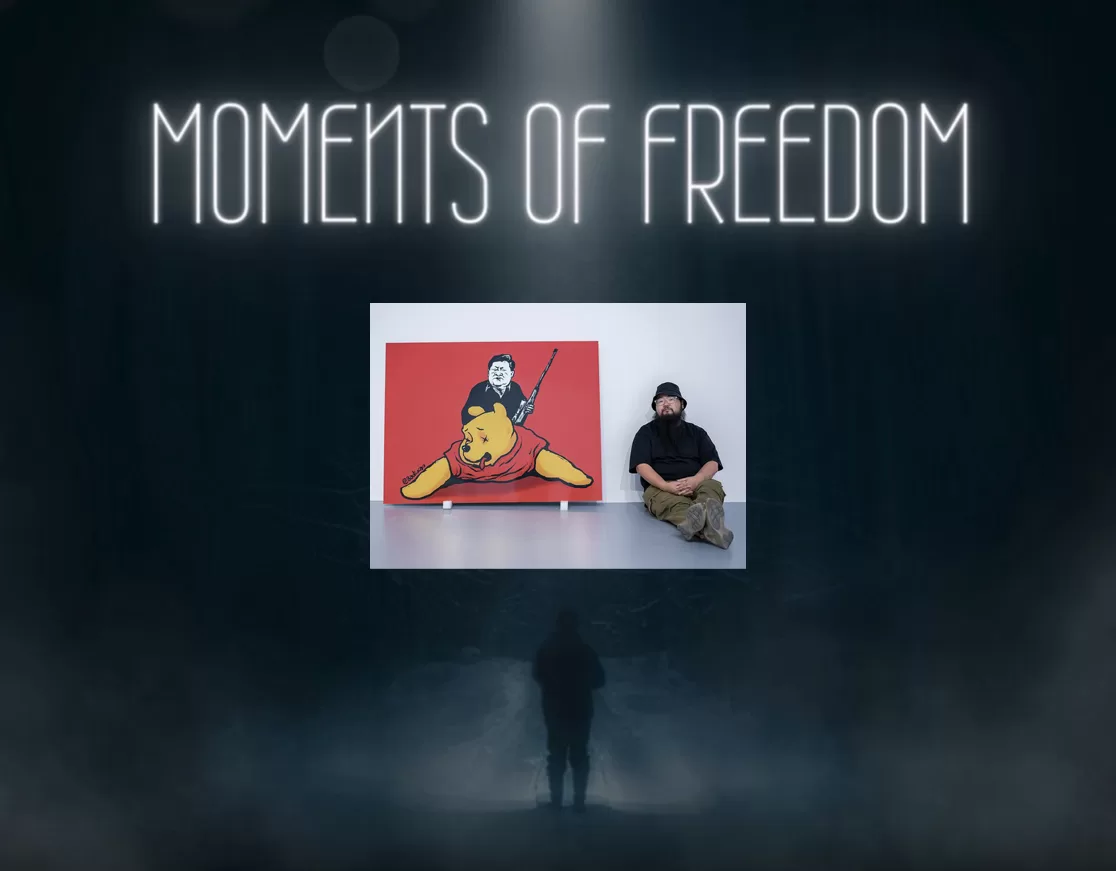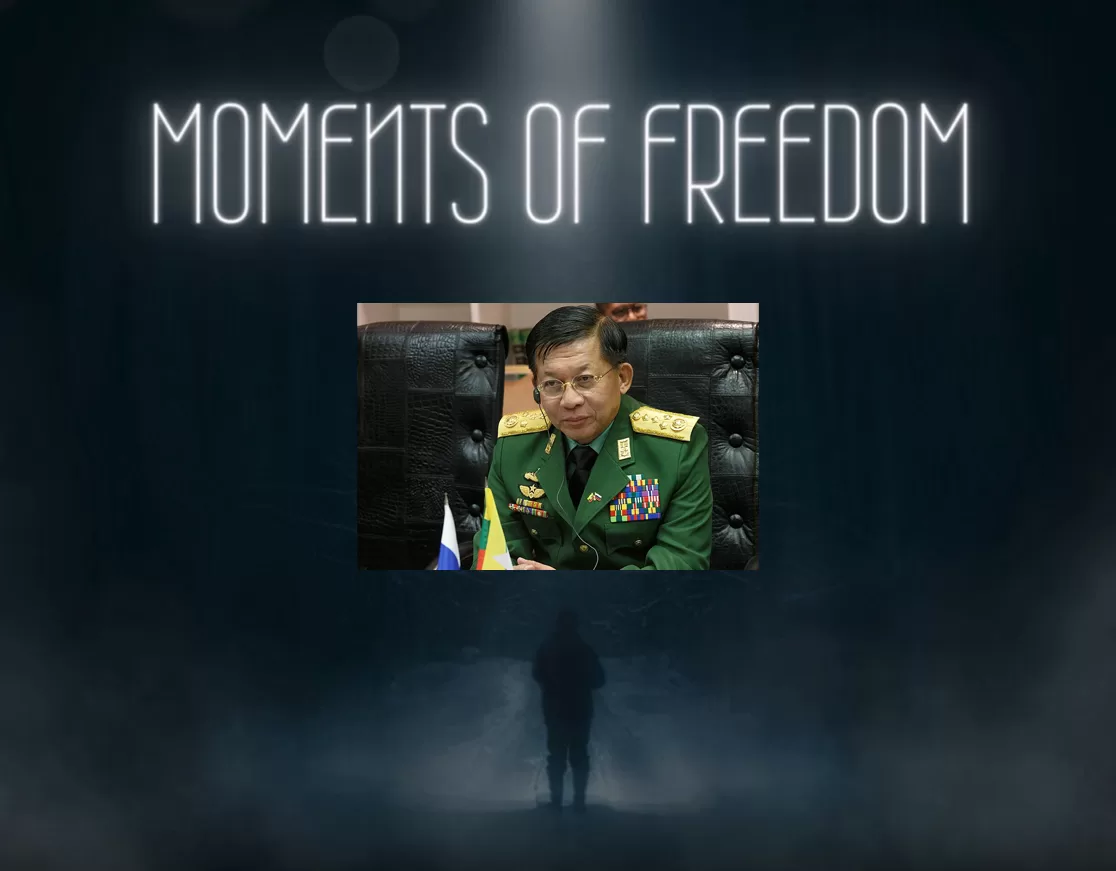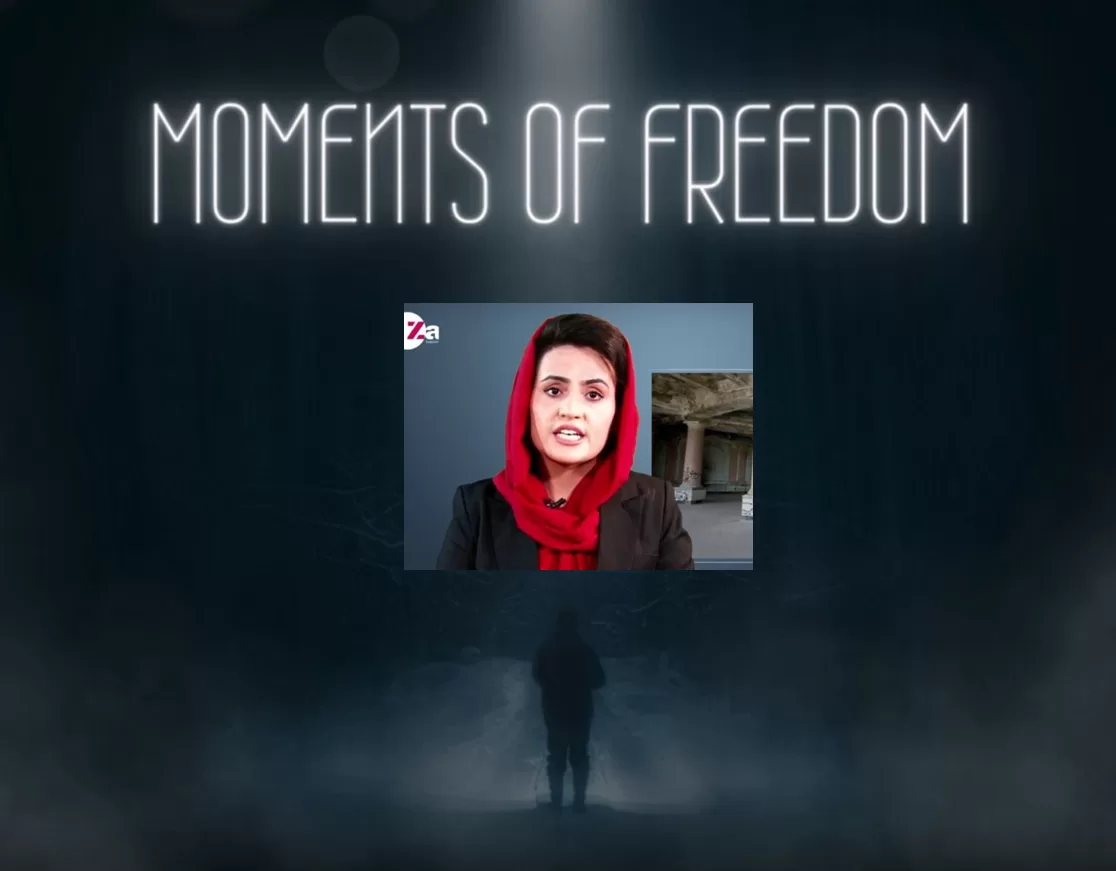16 Jul 2024 | News, Rwanda
Rwanda’s Paul Kagame has won 99.15% of the vote in this week’s presidential poll, a margin of victory so high that even Belarusian dictator Aliaksandr Lukashenka has baulked at claiming such a high figure in his own rigged elections.
Rather than being a vote of confidence, the main reason for Kagame’s overwhelming “victory” was the lack of opposition.
Last month, Rwanda’s opposition leader, Diana Rwigara said that after all the time, work and effort she had put in, she was very disappointed she had been barred from contesting the country’s 15 July presidential election.
Rwigara also failed to run in the 2017 presidential poll as she was charged with inciting insurrection, an accusation levelled years earlier against her late father Assinapol Rwigara, before he died in a suspicious car accident which his family says was an assassination.
“@PaulKagame why won’t you let me run? This is the second time you cheat me out of my right to campaign,” Rwigara posted on social media platform X formerly known as Twitter.
Following Rwanda’s elections on Monday, Kagame’s only opposition were two little known candidates. Rwigara and five others including two of his major challengers, Victoire Ingabire and Bernard Ntaganda, had been barred from the ballot.
Rwanda’s National Electoral Commission said the incumbent got 99.15% of the vote.
Kagame, who was key to a scheme to process asylum seekers arriving in the UK “illegally” – an initiative now scrapped by the new Labour government – has been in power since the end of the country’s genocide in 1994.
Countless critics have been jailed or killed since then. One of them, Hotel Rwanda hero Paul Rusesabagina, known for sheltering hundreds of people during the genocide was jailed for supporting terrorism in 2021 after being arrested while he was travelling internationally. His sentence was later commuted, and he was allowed back to the USA.
In an interview with Index, Jeffrey Smith, the executive director of Vanguard Africa, a non-profit group that works with activists to support free and fair elections, said the election outcome does not reflect the will of the people.
“In Rwanda, there is freedom of expression. But that freedom is limited to expressing support for Paul Kagame and his ruling party — whether coerced or otherwise,” he said.
“These latest so-called ‘election’ results — a sort of performative art perfected by Kigali — clearly establish the Kagame dictatorship as among the most effective and effectively brutal police states of the 21st century.”
It’s a view shared by Ingabire, one of the opposition leaders who was barred from both the 2017 and 2024 elections. Ingabire published an opinion article in May in which she said Rwanda’s election will entrench the persistent suppression of opposition voices.
In January 2010, after 16 years in exile, Ingabire returned to Rwanda with the intention to register her political party and run for president but was arrested and jailed for 15 years. Kagame later pardoned her after international pressure but she has been prevented from leaving the country. There is an international campaign: #CallKagameforVictoire for heads of government around the world to ask Kagame to end Ingabire’s persecution.
“My trial, marred by irregularities and a lack of minimum fair trial standards, ended with a harsh sentence for crimes including ‘genocide ideology’, a controversial offence that has been used to silence dissent,” Ingabire wrote in her opinion article.
Ingabire said the African Court on Human and Peoples’ Rights later ruled in 2017 that her rights to freedom of opinion and expression had been violated, a verdict she says which highlights the broader issues of legal restrictions on speech and the challenges faced by political opposition in Rwanda.
Ingabire said many international observers see Rwanda as an exemplary country as it adeptly orchestrates communication campaigns and disseminates compelling narratives globally showcasing its purported capability to address both domestic and international challenges that include counterterrorism.
The country has also deployed Rwandan soldiers in multinational peacekeeping missions.
“This carefully crafted public image is not reflective of reality,” she said.
In Professor Nic Cheeseman’s book How to Rig an Election, he quotes President Aliaksandr Lukashenka of Belarus saying he ordered his 93 percent 2006 election victory to be changed to around 80 percent because more than 90 percent would not be psychologically well received.
The author, who is professor of democracy and international development at the University of Birmingham, told Index in an interview that Kagame’s margin of victory speaks volumes.
“If Lukashenka, the last dictator of Europe, thinks that winning more than 90% in an election is psychologically implausible, it is pretty clear that 99% tells us as much about President Kagame’s desire for absolute control as it does the wishes of the Rwandan people,” said Professor Cheeseman.
According to Freedom House’s Freedom in the World 2024 report, Kagame’s government has suppressed political dissent through pervasive surveillance, intimidation, arbitrary detention, torture, and renditions or suspected assassinations of exiled dissidents.
“The practical space for free private discussion is limited in part by indications that the government monitors personal communications. Social media are heavily monitored, and the law allows for government hacking of telecommunications networks. Rwandan authorities reportedly use informants to infiltrate civil society, further discouraging citizens from voicing dissent. Individuals have been forcibly disappeared, arrested, detained, and assassinated for expressing their views,” said the report.
Apart from autocratic rule at home, last week the head of the United Nations Organisation Stabilisation Mission in the Democratic Republic of Congo (MONUSCO), accused Rwanda of supporting 23 March Movement (M23) rebels that are committing atrocities in the neighbouring country.
In January, Burundi rebels closed its borders with Rwanda after accusing its neighbour of funding rebel attacks.
22 Mar 2024 | News, North Korea, Opinion, Romania, Russia, Ruth's blog, Rwanda
By international comparison, Putin’s ‘win’ in the recent elections in Russia was practically marginal.
Forget the ruthless despots of yesteryear; Putin’s victory could put him in the running for the title of “Worst Dictator Ever” securing as he did, just 87% of the vote and struggling to convince a whole 13% of Russia’s population that he deserves their vote.
Putin’s efforts to reach the dizzying heights of previous autocratic excellence is not without precedent.
Nicolae Ceaușescu, the Romanian maestro of self-delusion, once claimed a staggering 98.8% approval rating from voters who seemingly found his continued leadership irresistible.
And, of course, the multiple successes of Saddam Hussein, who, not content with anything less than perfection, treated himself to not one, but two elections where he waltzed away with a cool 99% of the vote, leaving the remaining 1% presumably too busy planning their escape routes to bother casting a ballot.
Even by recent standards, Putin’s election efforts fall into the ‘must try harder’ category. Take Paul Kagame – head of state in the unquestionably safe state of Rwanda – secured an impressive 98.8% of the vote in 2017. By coincidence, his two challengers were deemed not to have met the nomination threshold by the Rwandan Electoral Commission.
And even by Russian standards, Putin is an under-achiever. The absolutely above board and beyond reproach referendum in 2014 that took place in Crimea saw the Ukranian peninsula experience a collective outbreak of Russiophilia, with a jaw-dropping 96.77% of voters deciding that annexation was their number one wish.
But of course, when it comes to precarious polls, poor Putin is but an enthusiastic amateur of electoral absurdity when compared to North Korea’s Kim Jong Un whose 2019 flawless victory saw him win 100% of the vote. Imagine that, Putin. A leader so popular that no-one felt the need to vote against you.
So, at Index on Censorship, we offer our commiserations to Putin on an election which will inevitably cause him to struggle to look his fellow dictators in the eye. But he should take heart, for in the grand tapestry of dictatorial hubris, he may have fallen short of the coveted triple-digit approval rating, but he’s certainly earned his place in the hall of shame. Bravo!
But in all seriousness, dictators yearn for legitimacy but equally cannot resist inflating their egos with absurd election results. Putin’s 87% victory is merely the latest in a long line of autocrats entangled in their own delusions. For them, the allure of unchecked power is intoxicating, and the illusion of overwhelming support is irresistible. So they manipulate, coerce, and fabricate, all in the name of bolstering their image and maintaining their iron grip on power.
Yet, in their desperate pursuit of approval, they only reveal the hollow emptiness of their rule and the farcical nature of their so-called “elections.”
In the grand theatre of autocracy, where dictators vie for the title of “Most Absurd Electoral Farce,” Vladimir Putin may have inadvertently claimed the crown as the reigning champion of underachievement.
His inability to secure a unanimous victory serves as a glaring reminder of the limitations of his power and the resilience of those who dare to defy his iron grip.
While we chuckle at his inflated ego and his desperate grasp for legitimacy, let us not forget the sobering reality faced by millions of Russians who lack the freedom to express dissent without fear of reprisal.
We can poke fun at Putin’s absurdity but we must also reaffirm our commitment to democracy and freedom of expression, values that remain elusive for too many in Putin’s Russia.
And we stand with the 13%.
8 Dec 2023 | News, Rwanda
After the infamous “go home” vans, the Windrush scandal and a (failed) policy to push back people crossing the channel on boats, this week the UK government sharpened its latest tool in its hostile environment box: the Rwanda plan. UK Prime Minister Rishi Sunak threw a surprise press conference about the government’s Rwanda policy, now freshly emboldened with a new treaty following the Supreme Court’s declaration that Rwanda is not a safe country for UK asylum seekers. The prime minister said he would “finish the job” of getting his controversial deportation plan off the ground.
Questions from journalists to Sunak centred largely around what a vote on new legislation means for the state of the Conservative Party and Sunak’s position as leader. There are free speech implications here too and so I’d like to add a few questions to the list: how does the Rwanda plan impact people at risk? How will the UK keep safe persecuted people? And how will we make sure that people who have a legal right to seek asylum have a voice?
Of the latter, last summer, the BBC aired Sir Mo Farah’s documentary on his experience of being trafficked to the UK from Somaliland as a child, and how he was forced to work as a domestic servant. He was told, “If you ever want to see your family again, don’t say anything. If you say anything, they will take you away.”
His real name is Hussein Abdi Kahin. He was eventually helped in his claim for British citizenship through what was technically fraudulent means and, until the documentary aired, he had remained silent about his true identity, about what he had experienced as a child and really about everything that had weighed on his mind. He feared speaking up and so he stayed silent.
As a much-loved public figure, perhaps Farah knew he would have some modicum of protection if he revealed the truth, which it turns out he did. For others who are victims of trafficking, asking for help can be another story. The only option of escaping exploitation might be going to the authorities and seeking asylum, but this is not the most appealing, or even easy, route. Aberystwyth University’s Gillian McFayden described the Home Office’s “culture of disbelief” in 2018, and how in interviews “inconsistencies will be held against the asylum seeker and they will then be viewed as lacking in credibility.” Trauma is difficult to recount in a consistent way – and this is effectively used against people.
When I last visited Calais and spoke to people planning to cross to the UK (and where they frequently reported violence from French police), there was also a severe lack of clear information about what life in the UK would be like and how the system works. Rumours abounded, amid patchy access to data and language barriers. With a landscape ripe for misinformation and policies that are already unclear amongst the UK public, the confusion that comes from a complicated and hostile environment only leaves people making the journey to the UK more susceptible to exploitation.
Then there is Rwanda itself, hardly known for its robust human rights record. Sile Reynolds, head of asylum advocacy at Freedom from Torture, told me today: “We know from our own clients – survivors of torture who’ve fled the most unimaginable horrors and encountered further trauma on their journeys to find safety – the awful toll that this policy has taken on them. Clinicians have reported that some of our clients are so terrified of being shipped off thousands of miles away to Rwanda that they’d contemplate committing suicide if they were ever served with a removal notice. The stakes really could not be any higher.”
On Rwanda, let’s pause for a moment on its rights record. There is widespread evidence of the abuse of LGBTQ+ people, as just one example. Grassroots asylum support charity African Rainbow Family launched a petition earlier this year to stop the deportation of LGBTQ+ people to the country. On a poster for their No Pride in Deportation campaign, they wrote, “One of our service users was just granted her freedom by the Home Office. She was forced to flee her home in Rwanda due to the persecution she faced as an LGBTIQ+ person. Even the Home Office recognises that Rwanda is unsafe for LGBTIQ+ people.”
They said of LGBTQ+ people: “Deporting them back to these hostile environments can risk condemning them to continued suffering, exile, physical harm, emotional trauma, abuse, isolation, torture and death.”
On the UK government’s own foreign travel advice page for Rwanda it says: “LGBT individuals can experience discrimination and abuse, including from local authorities.” Should we be sending people to a country where they can’t freely express their identity, where doing so could even lead to death?
With the strengthening of the hostile environment comes the lack of something else: safe routes. It’s not just people already in the UK being impacted by this asylum policy, but persecuted people looking to the UK for help. Take the Afghan journalists we work with who fled to Pakistan only to find more danger awaiting them, and little opportunity to earn a living. Some told us they had considered selling a kidney to afford food, which, horrifyingly, others have indeed done. And after Pakistan forced Afghan refugees to leave at the beginning of November, the situation may have become even more dangerous. Women in Afghanistan have no voice. There is no room for dissent or criticism.
Thankfully, some of the Afghan journalists we work with have found sanctuary in France, after the UK failed to make good on promises of refuge. There are still many more Afghans at risk who should be offered safety in the UK, but instead the focus is on deterrents over safe routes and compassion.
Reynolds accused the government of the “demonisation and scapegoating of refugees” and called policies like the Rwanda scheme and Bibby Stockholm “performative cruelty.” For people seeking refuge in this environment, fear breeds silence. For persecuted people who are still looking for safe routes, there are few options left but more danger.
4 Dec 2023 | Afghanistan, Burma, China, Egypt, Iran, Poland, Russia, Rwanda
Moments of Freedom was Index on Censorship’s 2023 year-end campaign where we asked our readers and supporters to vote on the moments during the past twelve months that have given them hope that the world is not as bad as it sometimes feels.
Index’s staff and board looked back over the year and highlighted their moments where freedom of expression has been strengthened or celebrated. This could have been through the introduction of new legislation supporting free expression, the release of a prisoner of conscience or the escape of a dissident from tyranny to a safe third country.
Egyptian blogger Abdelrahman "Moka" Tarek reaches safety
Launch of the Begum Academy
First anniversary of women's protests in Iran
Rwanda declared "not a safe country"
Alexei Navalny's reaction to latest charges - Russia
Badiucao exhibition in Warsaw
Silent strike protests in Myanmar
Release of Mortaza Behboudi and Matiullah Wesa
Afghan TV present Spozhmai Maani finds refuge in France

